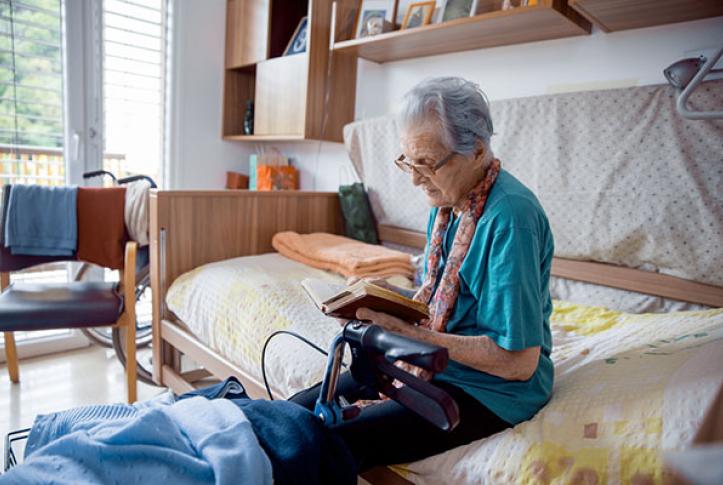The Issue
Medicare beneficiaries report greater feelings of satisfaction with their health care than people with other kinds of health care coverage. However, traditional Medicare has notable gaps in its financial protections, including no cap on out-of-pocket spending. Because of this, 90 percent of beneficiaries buy supplemental insurance; join Medicare Advantage plans, which limit out-of-pocket spending; or are dually covered by Medicaid.
Seriously ill Medicare beneficiaries can face particularly onerous financial hardships stemming from health care expenses. A Commonwealth Fund–supported study in Health Affairs — based on findings from the 2018 Health Care in America Survey, sponsored by the Fund, the Harvard T.H. Chan School of Public Health, and the New York Times — looked at how the costs of care affect beneficiaries and their family and friends.
What the Study Found
- More than half (53%) of Medicare beneficiaries with serious illnesses reported experiencing a problem paying a medical bill. Prescription drugs posed the greatest hardship (30%), followed by hospital (25%), ambulance (20%), and emergency department (20%) bills.
More than half (53%) of Medicare beneficiaries with serious illnesses reported experiencing a problem paying a medical bill.
- More than one-third (36%) of beneficiaries said they had used up all or most of their savings to pay for health care. Around a quarter said they had been contacted by a collections agency (27%) or had been unable to pay for necessities like food, heat, or housing (23%).
- When asked about the impact of medical costs on their family, 25 percent said costs were a major burden and 30 percent said they were a minor burden.
- Sixty percent of beneficiaries said family members and friends helped them a lot, 25 percent said they helped a little, and 14 percent said they provided no help. Strain on family members and friends resulted in financial problems, reduced income, and lost jobs.
- Fewer than half of the seriously ill (46%) felt adequately informed by their health care providers about what their insurance would cover.
The Big Picture
The most commonly reported financial problem for seriously ill Medicare beneficiaries was paying for prescription drugs. This could be driven by the number of prescriptions taken, the cost of individual drugs, or aspects of Medicare’s benefit design, like its cost-sharing requirements or formularies, the authors say. They also note that while high-need, high-cost patients are often associated with acute or end-of-life care, this study largely described people living at home, although often relying or friends or family for assistance.
The Bottom Line
Medicare remains broadly popular, but many beneficiaries with serious illnesses have problems affording needed health care.



